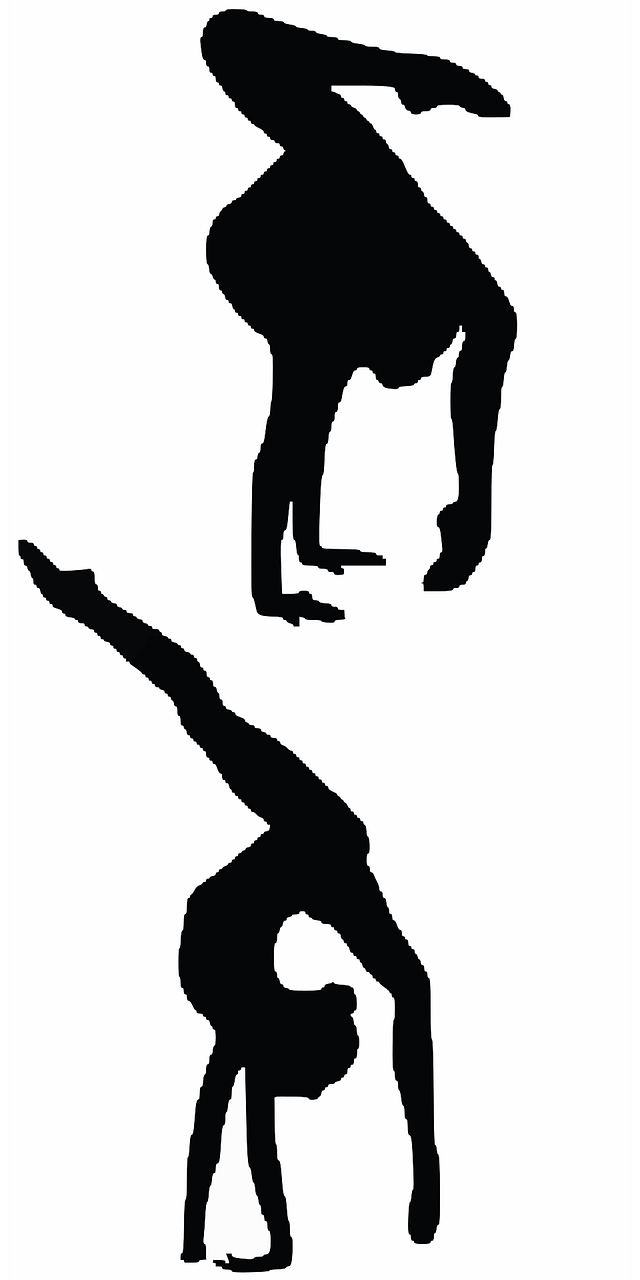Mastering the Art of Pronunciation: Exploring the English Word Own in Depth
In the vast landscape of the English language, certain words carry a simplicity that belies their importance in communication. One such word is "own," a versatile term that we use every day without giving it much thought. Today, let's delve into the intricacies of how to pronounce "own" correctly and explore its various uses, as well as its role in building a strong foundation in English language skills.
Pronouncing "Own"
The word "own" is quite straightforward when it comes to pronunciation. In its standard American English pronunciation, it is pronounced as /əʊn/. The "o" sound is similar to the "oh" in "hot," and the "n" at the end is pronounced softly, almost like a whisper. For British English speakers, the pronunciation might be slightly different, with a slight hint of an "aun" sound, as in "aunt," but still very close to the American version.
Understanding the Parts of "Own"
"Own" is an adjective that can modify nouns, referring to something that is possessed by or belongs to an individual or entity. It has two primary forms: "own" and "owns." The base form, "own," is used for singular possession, while "owns" is the third-person singular present tense of the verb "to own."
For instance:
- "This is my own car." (Singular possessive)
- "She owns several properties." (Third-person singular form)
Usage Scenarios
1、Ownership Declaration: "I own this house outright." Here, "own" is used to establish possession without any financial obligations.
2、Adjectives for Personal Belongings: "My own personal laptop" or "His own private office" convey a sense of individuality and exclusivity.
3、Verb Form: "They will own the copyright soon." This sentence implies that the action of acquiring ownership is imminent.
4、Ownership Transfer: "After the divorce, she gained ownership of half the property." This example shows the legal transfer of ownership.
Etymology and Historical Insights
The word "own" is derived from the Old English word "gewæs," which means "to have" or "to be." Over time, it has evolved into its modern form, which is simple yet powerful in expressing possession.
Common Mispronunciations and Tips
While "own" is generally easy to pronounce, beginners may struggle with distinguishing it from words like "won" or "one." To avoid confusion, practice saying "own" in isolation and pay attention to the subtle difference between the "o" sound and the "w" sound. Remember, the emphasis should be on the "o" rather than the "n."
Boosting Vocabulary and Confidence
Expanding your vocabulary around the concept of ownership can greatly enhance your English language proficiency. Learn and use synonyms for "own," such as "possess," "belong to," "hold," and "control," to diversify your expressions.
Additionally, engage in conversations about possessions, property rights, and personal belongings. This will not only help you improve your pronunciation but also reinforce your understanding of the word in context.
In conclusion, mastering the pronunciation and usage of "own" is a stepping stone in developing a strong command of the English language. By understanding its pronunciation, parts of speech, and common scenarios, you can communicate more effectively and confidently. So go ahead, practice that "o" sound, and let "own" become a key part of your linguistic toolkit!









